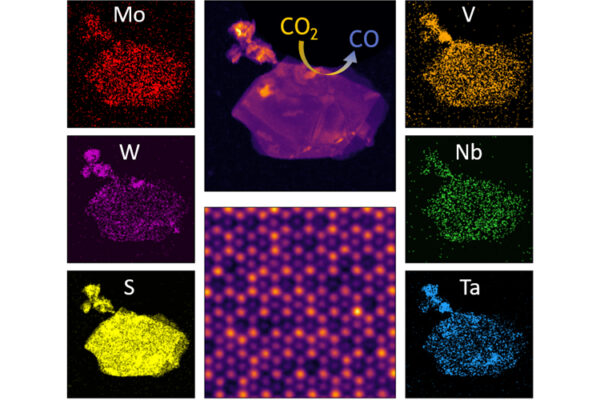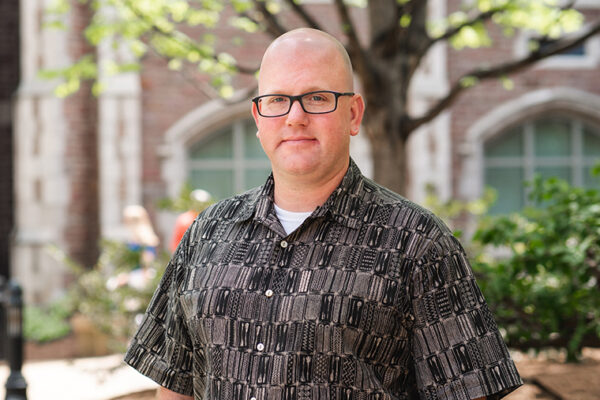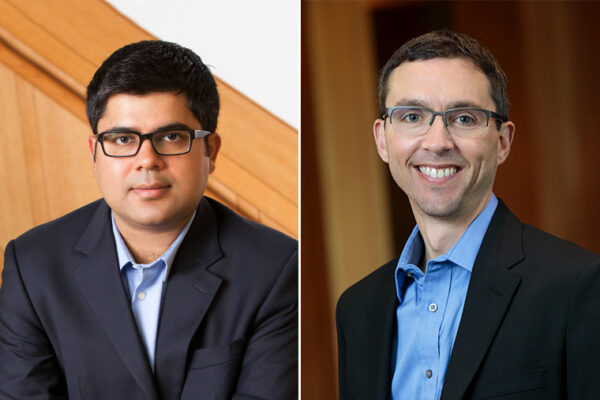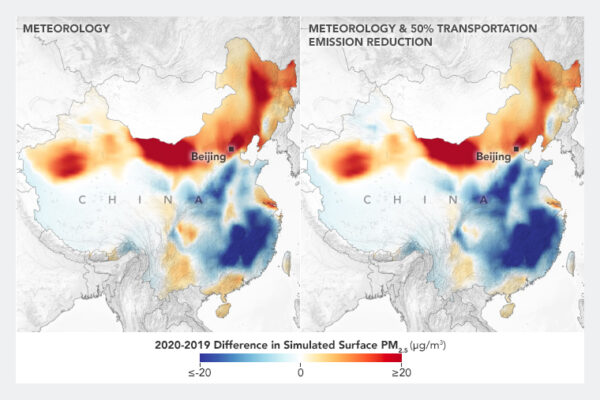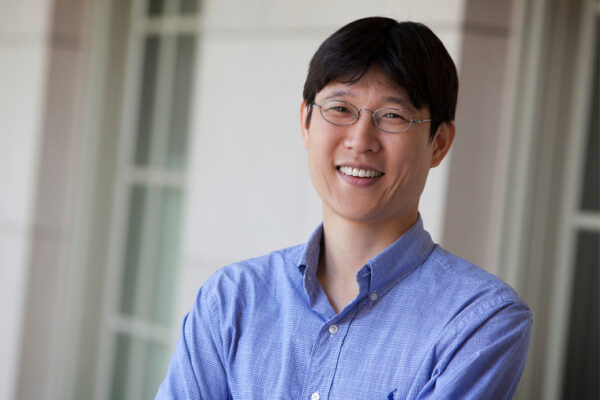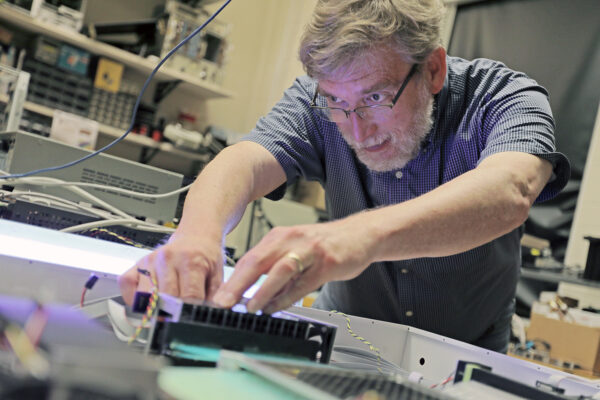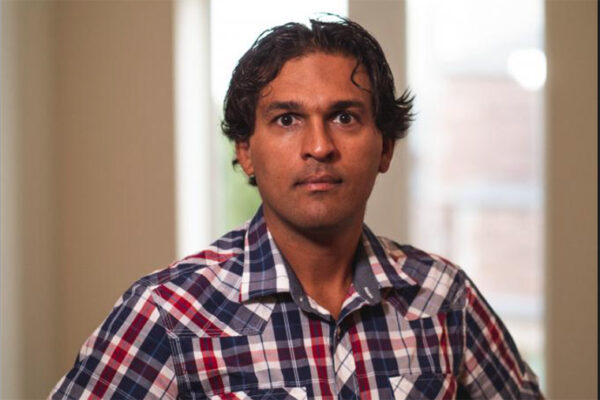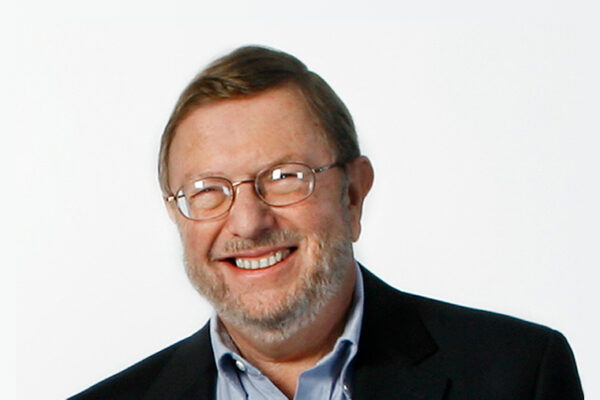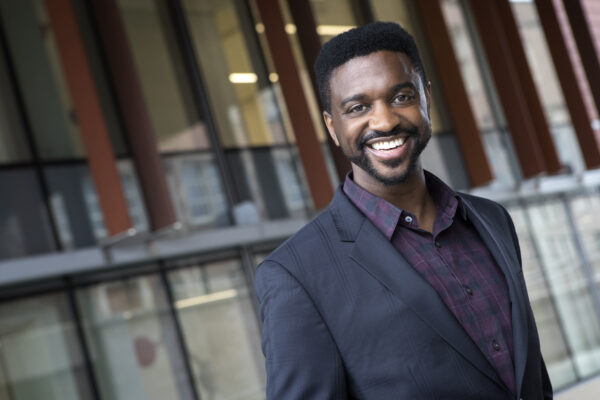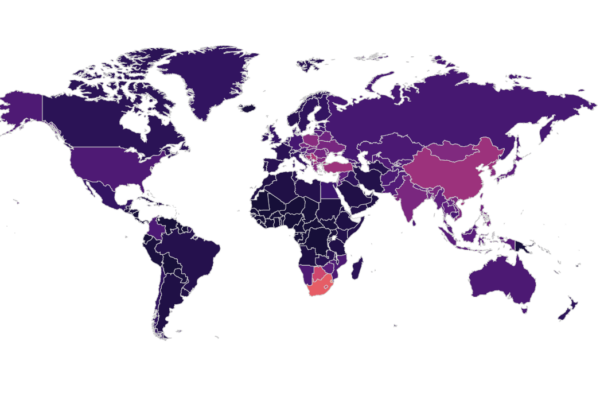New 2D alloy combines five metals, breaks down CO2
A new, two-dimensional material from the lab of Rohan Mishra is the first such material to be synthesized and used.
Rauch’s cosmic ray research probes origins of matter in the Milky Way
Brian Rauch, research assistant professor of physics in Arts & Sciences, co-authored a study in Physical Review Letters that suggests that certain cosmic rays move through the galaxy differently. The research addresses fundamental questions about how matter is generated and distributed across the universe.
NASA funds Chakrabarty, Martin atmospheric data research
Two researchers from the McKelvey School of Engineering received funding from NASA for atmospheric data research
Pandemic air quality affected by weather, not just lockdowns
Using a diverse set of tools, the lab of Randall Martin shows how the pandemic did – or didn’t – affect levels of particulate matter during COVID lockdowns.
Moon elected to engineering biology council
Tae Seok Moon, associate professor at the McKelvey School of Engineering, has been elected to the council of the Engineering Biology Research Consortium.
Buckley awarded $4.9 million to develop gamma ray astronomy mission
James H. Buckley, professor of physics in Arts & Sciences, received a $4.9 million award from NASA to build a demonstration version of a large satellite experiment for gamma-ray astronomy research. Washington University leads the entire effort to develop the instrument, which is planned to launch on a scientific balloon in 2024.
Mathematician wins NSF grant
Francesco Di Plinio, assistant professor of mathematics and statistics in Arts & Sciences, won a $197,616 grant from the National Science Foundation for research in harmonic analysis, a branch of mathematics concerned with the rigorous description of signals and their processing.
Mark Franklin, former professor of engineering, 81
Mark A. Franklin, former professor of electrical engineering and computer science at the McKelvey School of Engineering, who taught for four decades, died May 25 from complications of Alzheimer’s disease in Berkeley, Calif. He was 81.
Google supports Agonafer’s data center cooling tech
Google is supporting the research of Damena Agonafer, assistant professor at the McKelvey School of Engineering, citing his work on evaporative cooling.
New research finds 1M deaths in 2017 attributable to fossil fuel combustion
An international team of researchers, including faculty in the McKelvey School of Engineering, has determined what sources contribute to pollution and the health effects they have on global, regional and smaller scales.
Older Stories
